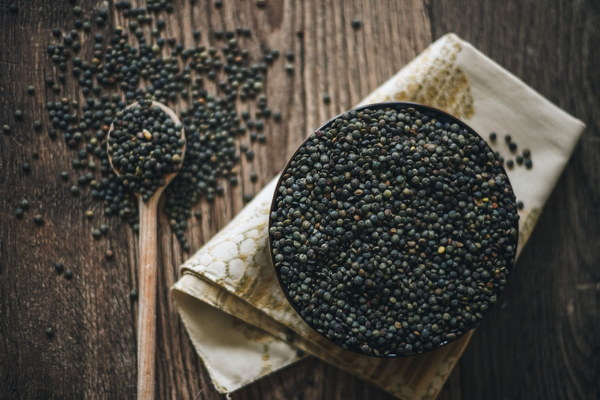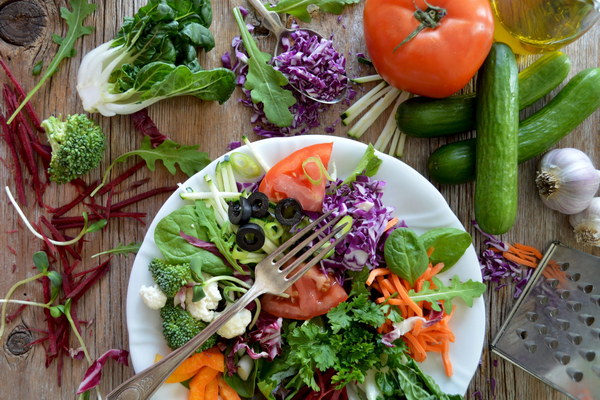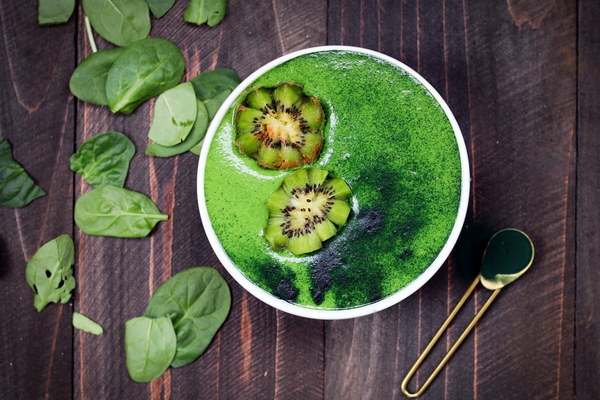Nurturing Nutrition A Comprehensive Guide to Boosting Your Daughter-In-Law's Health
Introducing a new member to the family is an exciting time, and ensuring the well-being of your daughter-in-law is a priority. As she embarks on the journey of motherhood, it's important to support her with a balanced and nutritious diet to help her recover and maintain her health. Here’s a comprehensive guide to help you understand how to nourish your daughter-in-law with the right nutrients.
Understanding the Nutritional Needs of Your Daughter-In-Law
1. Postpartum Recovery:
- The postpartum period is a critical time when the body needs to recover from childbirth. It's essential to provide her with a diet rich in protein, iron, and vitamins to aid in tissue repair and replenish lost nutrients.
- Foods to include: Lean meats, poultry, fish, eggs, dairy products, beans, lentils, and fortified cereals.
2. Breastfeeding Support:
- If your daughter-in-law is breastfeeding, she requires additional calories and nutrients to produce sufficient milk. Focus on foods that are high in calories, such as nuts, seeds, whole grains, and dairy products.
- Foods to include: Almonds, sunflower seeds, quinoa, brown rice, and Greek yogurt.
3. Iron and Iron-Deficiency Anemia:
- Iron deficiency is common during pregnancy and can lead to anemia. Incorporate iron-rich foods into her diet, and ensure she consumes vitamin C-rich foods to enhance iron absorption.
- Foods to include: Lean red meat, dark leafy greens, beans, lentils, and fortified cereals.
4. Calcium for Bone Health:
- Adequate calcium is crucial for the development of the baby’s bones and teeth, as well as the mother’s bone health. Include dairy products or fortified alternatives in her diet.
- Foods to include: Milk, cheese, yogurt, tofu, and leafy greens like kale and broccoli.
5. Vitamin D for Immune Support:
- Vitamin D is vital for immune system function and bone health. Ensure she gets enough sunlight exposure, and if necessary, consider supplements or fortified foods.
- Foods to include: Fortified milk, orange juice, and cereals, as well as fatty fish like salmon and mackerel.
Creating a Balanced Diet Plan
1. Variety is Key:
- Encourage your daughter-in-law to eat a variety of foods from all food groups to ensure she gets a wide range of nutrients.

2. Regular Meals and Snacks:
- Plan for regular meals and snacks throughout the day to keep her energy levels stable and prevent overeating.
3. Hydration:
- Adequate hydration is essential for overall health and milk production. Encourage her to drink plenty of water throughout the day.
4. Avoid Processed Foods:
- Minimize the intake of processed foods, which are often high in unhealthy fats, sugars, and sodium.
5. Moderation in Sugar and Caffeine:
- While it's okay to have treats occasionally, excessive sugar and caffeine can affect her energy levels and milk supply.
Incorporating Traditional Remedies
1. Herbal Teas:
- Offer herbal teas like chamomile, ginger, or fennel, which can aid in digestion and soothe the body.
2. Herbal Poultices:
- Consider using herbal poultices or compresses for pain relief and muscle relaxation.
3. Natural Remedies:
- Discuss with a healthcare provider about natural remedies that can support her recovery, such as omega-3 supplements or probiotics.
Conclusion
Nurturing your daughter-in-law’s nutritional needs is an important aspect of her overall health and well-being. By understanding her unique dietary requirements and providing a balanced and supportive diet, you can help her through the challenging but rewarding postpartum period. Remember, open communication and love are the cornerstones of any successful nutritional plan.









